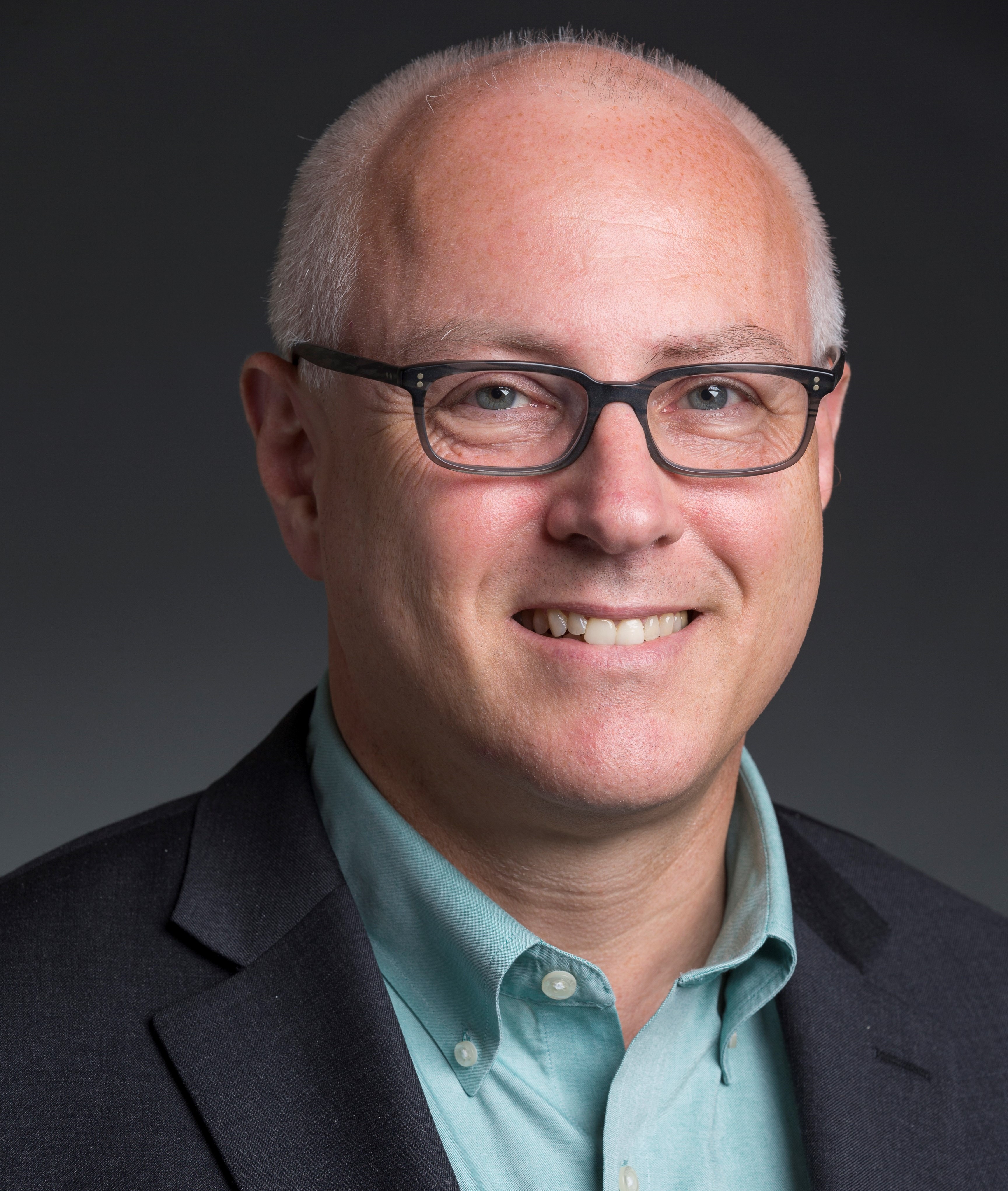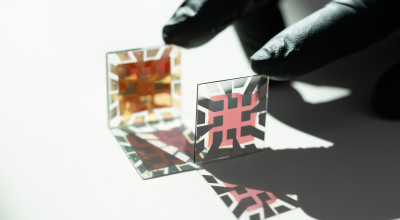
The Georgia Tech Research Institute (GTRI) has appointed Stephen Welby as the new Deputy Director of Research for the Sensors and Intelligent Systems Directorate (SISD), effective April 1, 2025. Welby will work closely with industry and local, state, and federal agencies to address national security needs, improve the overall human condition, educate future technology leaders, and enhance economic development in Georgia. He will manage operations for the 800-person SISD unit, including technology development, strategy, and business development functions.

Welby has more than three decades of government, nonprofit and industrial experience in technology and product development, including senior leadership positions at the Defense Advanced Research Projects Agency (DARPA).
“I am thrilled to welcome Stephen Welby to our executive leadership team,” said James Hudgens, Ph.D., senior vice president of Georgia Tech and director of the Georgia Tech Research Institute. “Stephen’s strategic mindset and dedication to enabling game changing technologies for the warfighter are a terrific fit for GTRI. I look forward to working with him to create a secure nation, a prosperous Georgia, and a sustainable world.”
Welby most recently served as Special Assistant to the President for Science and Technology Policy and as Deputy Director for National Security in the White House Office of Science and Technology Policy (OSTP). He led an OSTP team focused on strengthening the nation’s long-term global competitiveness and reducing risk through the assessment, development, deployment, and governance of current and emerging technologies. Welby oversaw efforts to develop long-term national science and technology (S&T) strategies, shape new investments in foundational technologies, modernize national security systems, ensure supply chain security, cultivate an agile innovation base, enhance export and investment controls, manage emergent risks and build the world's best STEM workforce. His focus areas included biotechnology and biosecurity, artificial intelligence, semiconductors, space systems, quantum information science, nuclear matters and economic security.
Prior to joining the White House, Welby was the Executive Director and Chief Operating Officer of the Institute of Electrical and Electronics Engineers (IEEE), the world’s largest not-for-profit organization of technology professionals.
In 2015, Welby was confirmed by the U.S. Senate as the Assistant Secretary of Defense for Research and Engineering. In this role, he served as the Chief Technology Officer for the U.S. Department of Defense, leading one of the largest and most complex research, development, and engineering organizations in the world. Welby previously was the Deputy Assistant Secretary of Defense for Systems Engineering, and was responsible for establishing and executing engineering policy and oversight across the department.
“I am very excited to be joining the Georgia Tech Research Institute,” said Welby. “The work being performed by GTRI and the Sensors and Intelligent Systems Directorate (SISD) team is opening new technical frontiers and strengthening our nation. This is science and technology with real impact, advancing missions that matter.”
Welby holds a bachelor of science degree in chemical engineering from The Cooper Union for the Advancement of Science and Art, a master's degree in business administration from the Texas A&M University, and master's degrees in computer science and applied mathematics from The Johns Hopkins University.
The Georgia Tech Research Institute (GTRI) is the nonprofit, applied research division of the Georgia Institute of Technology (Georgia Tech). Founded in 1934 as the Engineering Experiment Station, GTRI has grown to more than 3,000 employees, supporting eight laboratories in over 20 locations around the country and performing more than $919 million of problem-solving research annually for government and industry. GTRI's renowned researchers combine science, engineering, economics, policy, and technical expertise to solve complex problems for the U.S. federal government, state, and industry.



